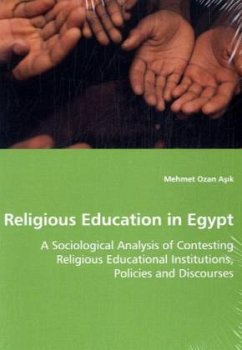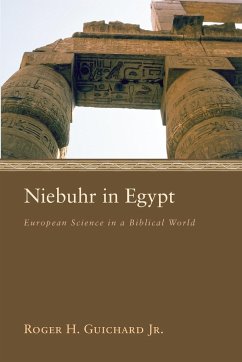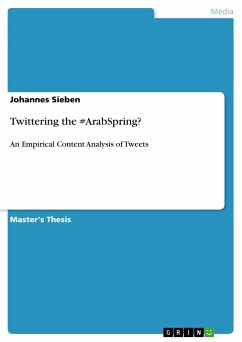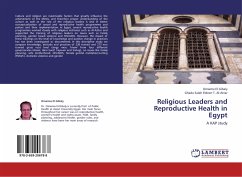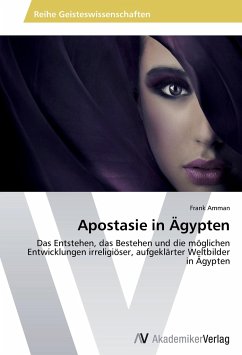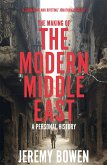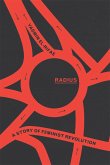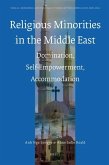I here intend to examine the perceptions and practices of the state and different Islamist groups about the religious education in contemporary Egypt. Since the 1970s, the rise of Islamism in Egypt has created strife between the ruling elites and dissident Islamist groups to capture the religious discourse and control the religious socialization in the mass education. This strife has resulted in the emergence of alternative Islamic educational areas (private Islamic schools and Al-Azhar schools). In this context, I use hermeneutic method to analyze the religious educational discourses and institutions of these two main agents ruling elites and Islamist groups. The Mubarak regime in Egypt seeks to institutionalize a particular state discourse in religious education in accordance with its own interests. However, the important thing is the reactions of different Islamist (moderate and radical) groups to this state discourse and institutionalization. This study aims to shed light on the conflictual domain of religious education from the perspective of political sociology. It can be useful for researchers and scholars who study on Islam, the Middle East, religious education and Egypt.

